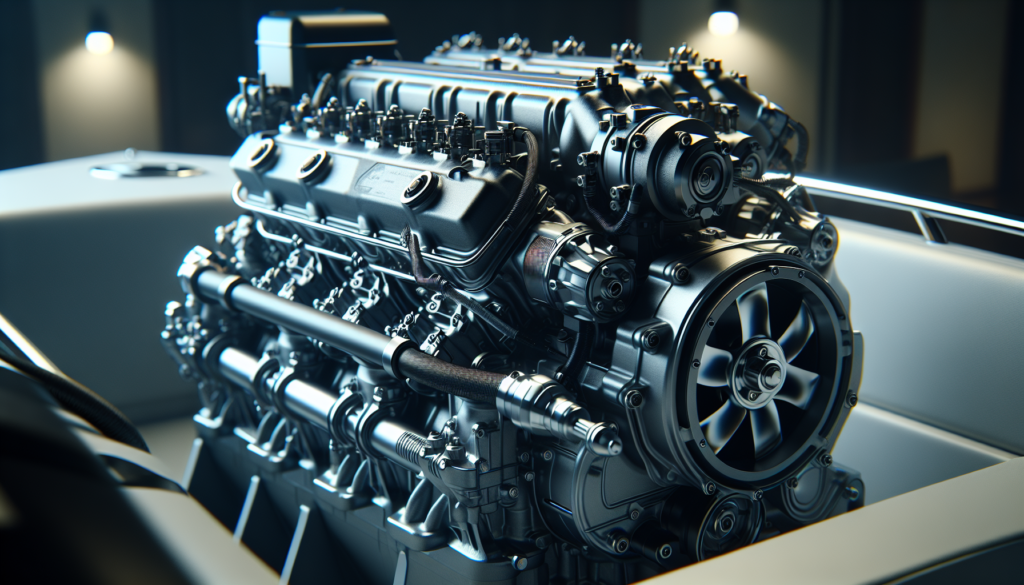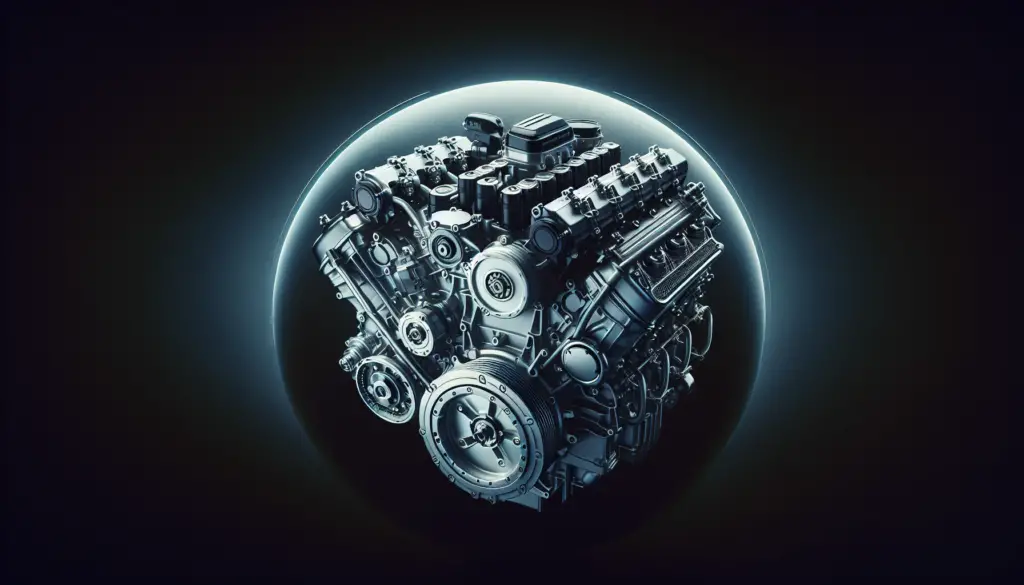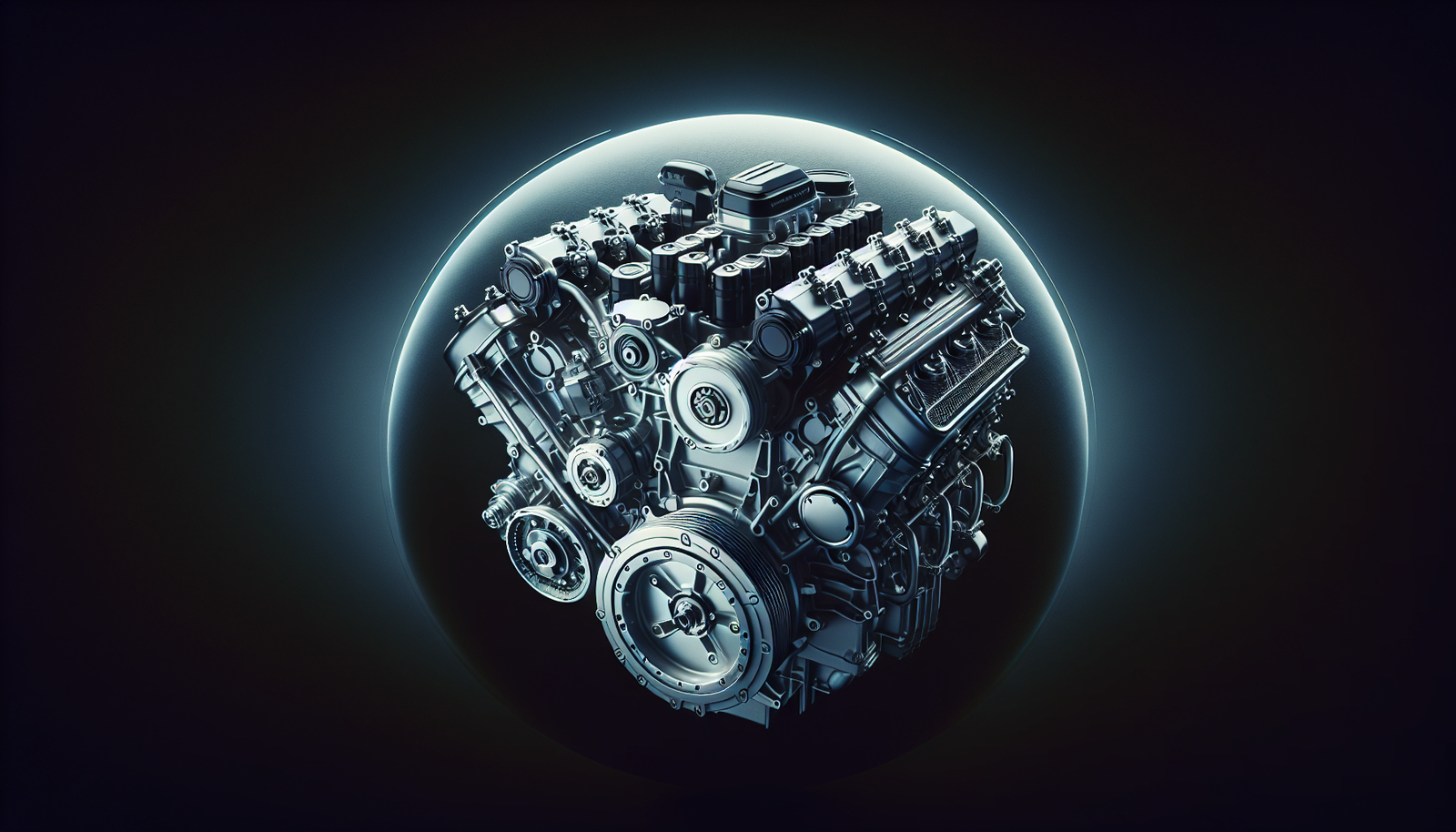Embarking on a maritime adventure should be an exhilarating experience, not one overshadowed by concerns about fuel efficiency. “What Are The Best Ways To Save Fuel With Your Boat Engine?” is an article that shares valuable tips on how to make your boat’s engine more fuel-efficient. This resource offers a variety of methods that you can apply to get the most out of every drop of fuel, ranging from regular maintenance schedules to picking the optimum cruising speed. With a little insight and some practical advice, rest assured that your next boating adventure will be defined by smooth sailing and fuel savings.

Understanding Your Boat’s Fuel Consumption
Understanding the consuption of fuel by your boat is crucial if you want to manage and control it. As a boat owner, you might be faced with a constant concern about how to efficiently use your fuel while operating your boat.
Understanding the fundamental principles of boat fuel consumption
The first step to managing your boat’s fuel consumption is understanding the fundamental principles. Just like any motor-operated machine, boats consume fuel to power their engines. Typically, a boat’s fuel consumption depends on the boat’s size, speed, load, and even the condition of its hull and engine. All these factors play a significant role in the amount of fuel your boat consumes, and understanding them will help you make better decisions about handling the boat.
Importance of knowing your boat’s fuel consumption rate
Knowing your boat’s fuel consumption rate is essential for several reasons. First, it helps you plan your boat trips and manage your boating expenses better. Secondly, being aware of your boat fuel consumption rate promotes efficiency and prolongs the life of your boat’s engine. Moreover, it makes it easier for you to flag any sudden increase in fuel consumption, which could indicate a mechanical problem.
Regulating Your Boating Speed
The speed at which you operate your boat significantly affects its fuel consumption. Faster speeds might get you to your destination quicker, but they consume more fuel.
How speed affects fuel consumption
As you increase your boating speed, the engine works harder to counteract the resistance in water. This extra work requires more power, and thus, more fuel is consumed. Therefore, while it might be thrilling to cruise at high speeds, it will deplete your fuel tank faster.
Balancing speed with fuel efficiency
Balancing speed with fuel efficiency requires strategic planning. While it might be necessary to go fast at times, it’s essential to understand that slower speeds generally consume less fuel. Thus, planning your boating trips in such a way that you do not have to rush can help save fuel.
Maintaining Your Boat Engine
A well-maintained boat engine can significantly help reduce fuel consumption. Regular maintenance ensures that all parts are functioning optimally, leading to higher fuel efficiency.
Performing regular engine check-ups
Regular engine check-ups are necessary to ascertain that everything is functioning as it should. These checks should include elements like the cooling system, fuel system, and oil levels. By doing these regular inspections, you can spot and rectify any issues that might lead to increased fuel consumption.
Benefits of a well-maintained engine to fuel efficiency
A well-maintained engine operates at its peak efficiency, which directly impacts fuel consumption. When the engine’s components are in good shape, the engine doesn’t have to overwork, thus reducing the amount of fuel consumed.

The Role of Proper Boat Loading
The way you load your boat plays a pivotal role in its fuel consumption.
Understanding the impact of weight on fuel consumption
When a boat is heavily loaded, the engine works harder to maintain speed and balance, leading to more fuel consumption. Therefore, it’s crucial to only carry the necessary load when cruising.
Tips for properly loading your boat to save fuel
One of the best tips for loading your boat is to distribute the weight evenly. This balances the boat in water, making it easier to maneuver, and reducing the engine’s workload. Moreover, try to minimize the weight by only carrying what’s necessary for your trip.
Keeping Your Hull Clean
A clean boat is not just aesthetically pleasing, but it also contributes to fuel efficiency.
Effects of a dirty hull on fuel efficiency
When your boat’s hull is dirty, barnacles and other marine organisms create drag as you cruise, making your engine work harder and consume more fuel.
Tips for effective boat hull cleaning and maintenance
Regular cleaning and maintenance of the hull is critical. Use appropriate cleaning agents and tools designed for boats. If the hull has stubborn stains or growths, consider getting a professional boat cleaning service.
Using Fuel Efficient Boat Engines
The kind of engine in your boat also affects your fuel consumption.
Benefits of fuel-efficient engines
Fuel-efficient engines offer several benefits – they save you money on fuel, are better for the environment, and often require less maintenance than older, less efficient engines.
Various options for fuel efficient boat engines
There are different options for fuel-efficient boat engines in the market. You could go for diesel engines that are known for their high efficiency. Alternatively, you might consider newer models of outboard engines that come fitted with fuel saving technology.
Effective Navigation Techniques
Proper navigation is key to saving fuel.
Effects of poor navigation on fuel consumption
Poor navigation can lead to wasted time and fuel. If you take a longer route or get lost, this means more time on the water and, consequently, more fuel used.
Using navigation devices to save fuel
Navigation devices, like GPS, can help you plot the shortest route to your destination, saving time and fuel. Plus, modern GPS devices can also give you real-time information about weather and water conditions, helping you make fuel-efficient choices.
Importance of Scheduled Engine Servicing
Scheduled engine servicing should be part of your boat’s maintenance routine.
Understanding the benefits of regular engine servicing
Regularly servicing your engine ensures it’s always in top-performing shape. This not only helps improve fuel efficiency but also extends the life of the engine and reduces the chances of sudden breakdowns.
Key engine components to focus on during servicing
During servicing, attention should be particularly given to parts like fuel pumps, injectors, and spark plugs. Keep in mind that the condition of these components significantly influence your boat’s fuel consumption.
The Role of Weather and Sea Conditions
Weather and sea conditions are often overlooked factors that can influence fuel consumption.
How weather and sea conditions can affect fuel efficiency
Strong winds, rough waves, and even currents can hinder your boat’s progress, forcing the engine to work harder and thus consume more fuel.
Planning boat trips according to weather and sea conditions to save fuel
Checking weather forecasts and sea conditions before heading out can help you decide the best times to cruise when fuel consumption is likely to be lower. You should aim for calm weather and waters to save on fuel.
Importance of Using the Right Propeller
The propeller is one of the key components that affect your boat’s fuel consumption.
Impact of propeller type on fuel consumption
The propeller’s size, pitch, and condition directly affect the boat’s performance and fuel consumption rate. A damaged or wrong type of propeller can create drag, cause the engine to overwork and consume more fuel.
Choosing the right propeller for your boat
When choosing a propeller, consider the size and type of your boat along with the engine’s specifications. Additionally, regularly check the propeller for any damages and ensure it’s always in great condition.
In conclusion, managing your boat’s fuel consumption involves understanding how your boat operates and taking steps to ensure everything is running optimally. Proper boat maintenance, sensible boating practices, and using efficient engines can all contribute to reducing your boat’s fuel consumption.

